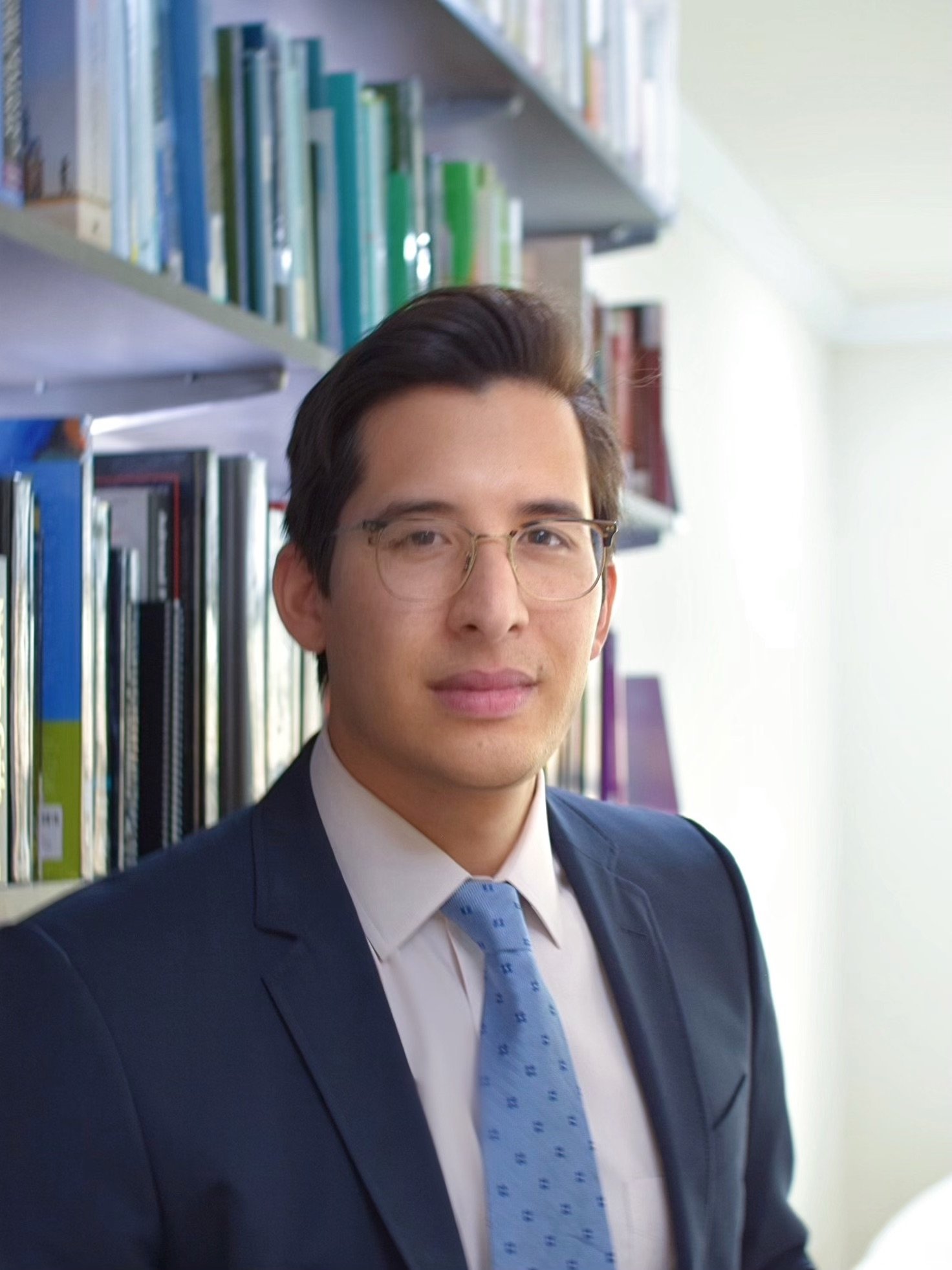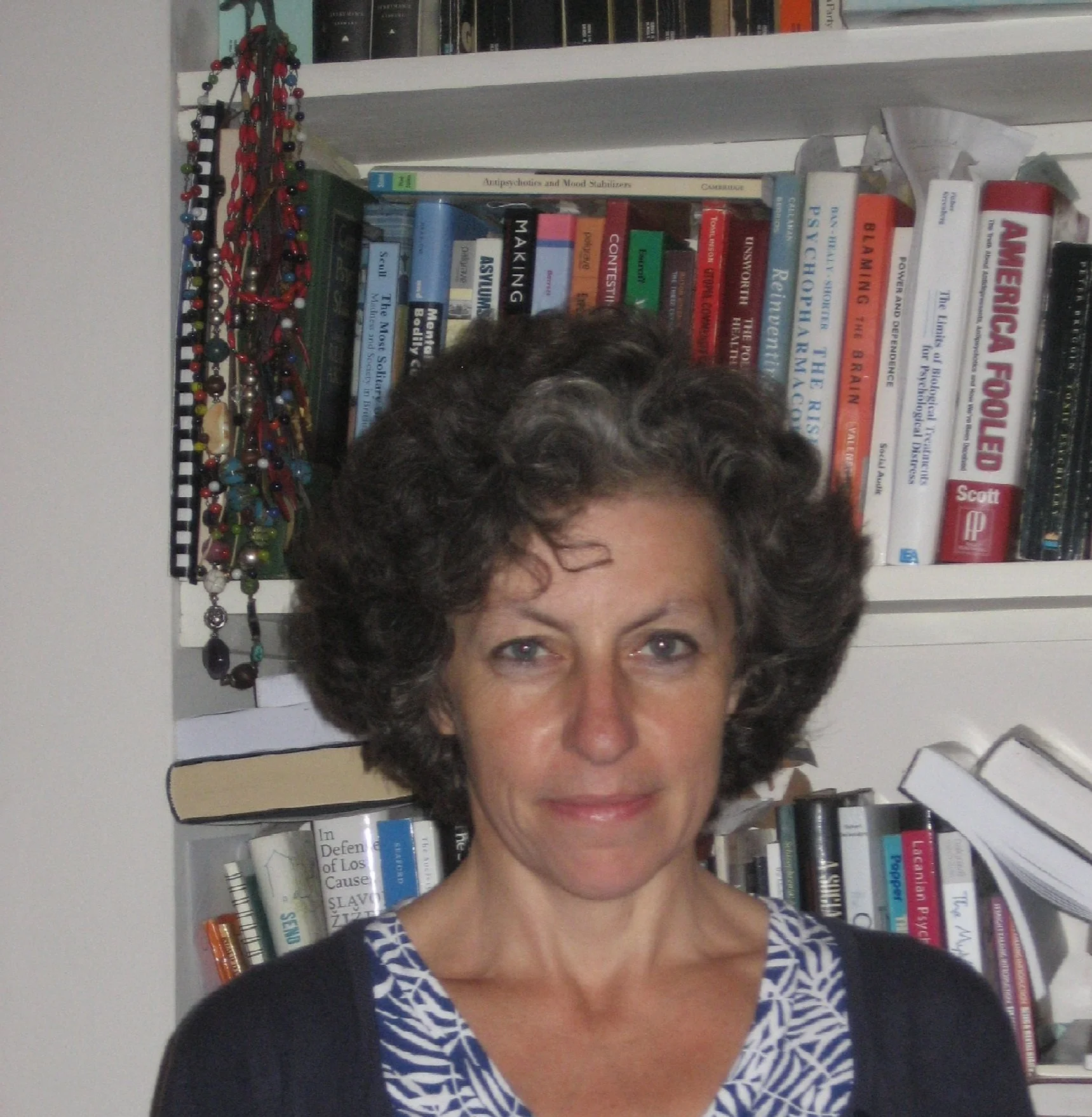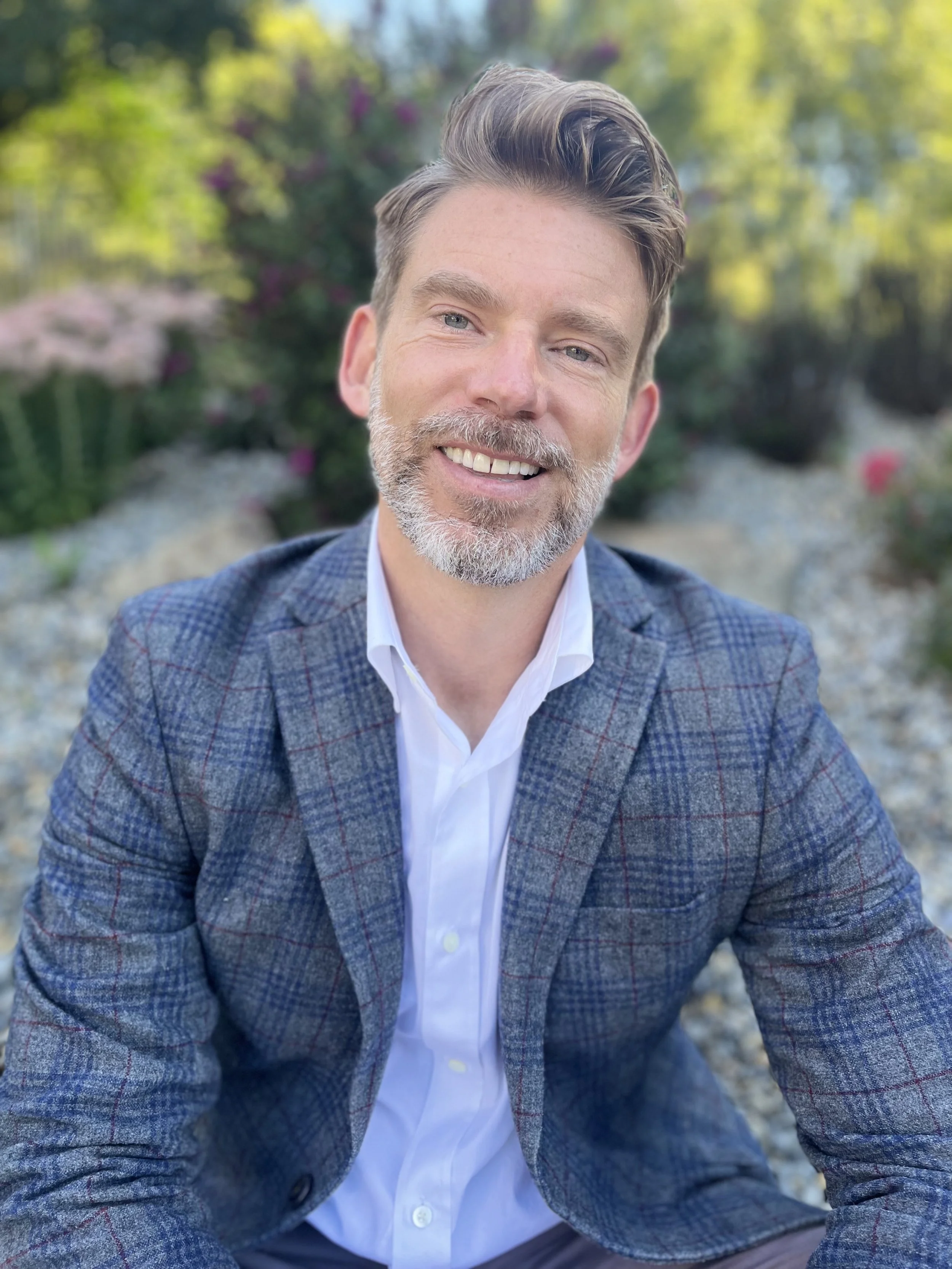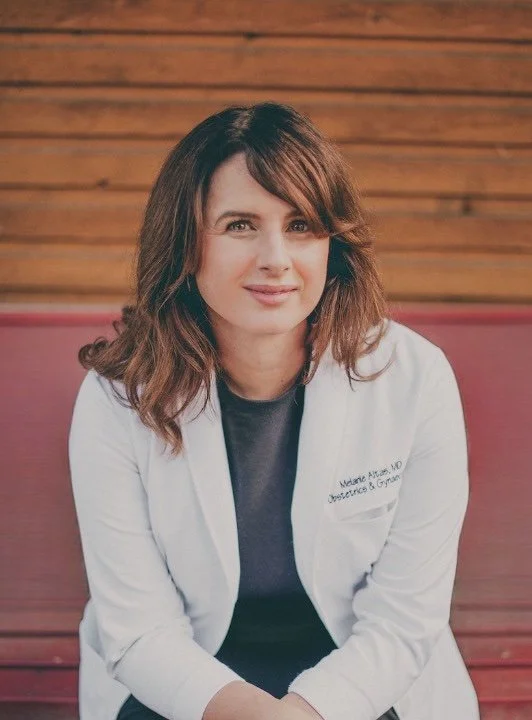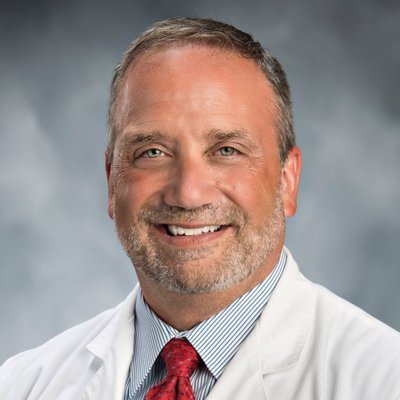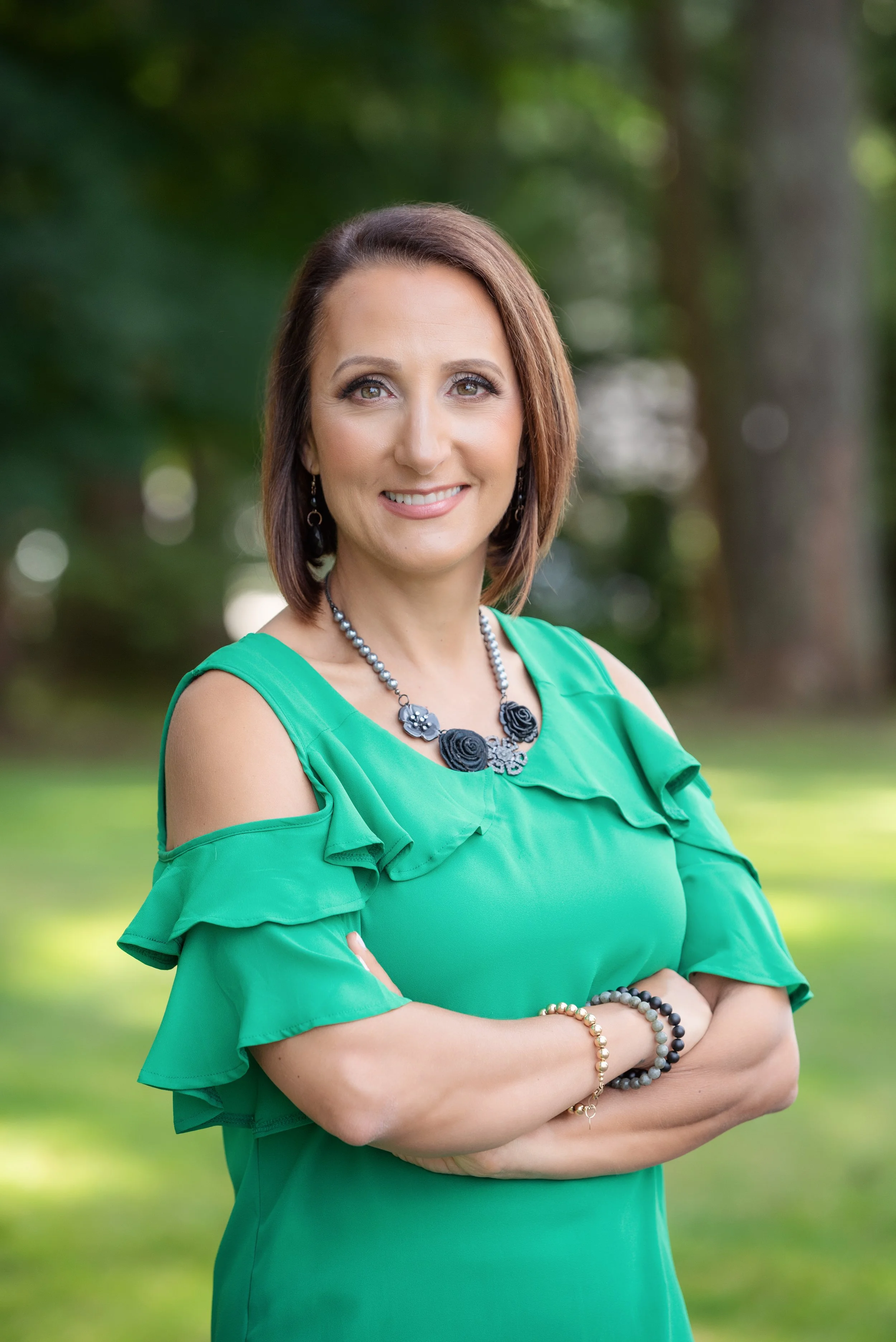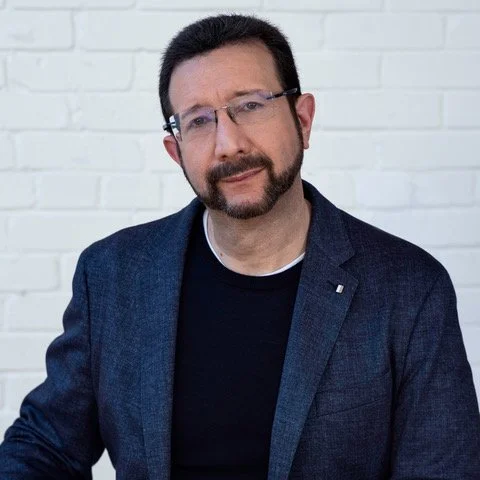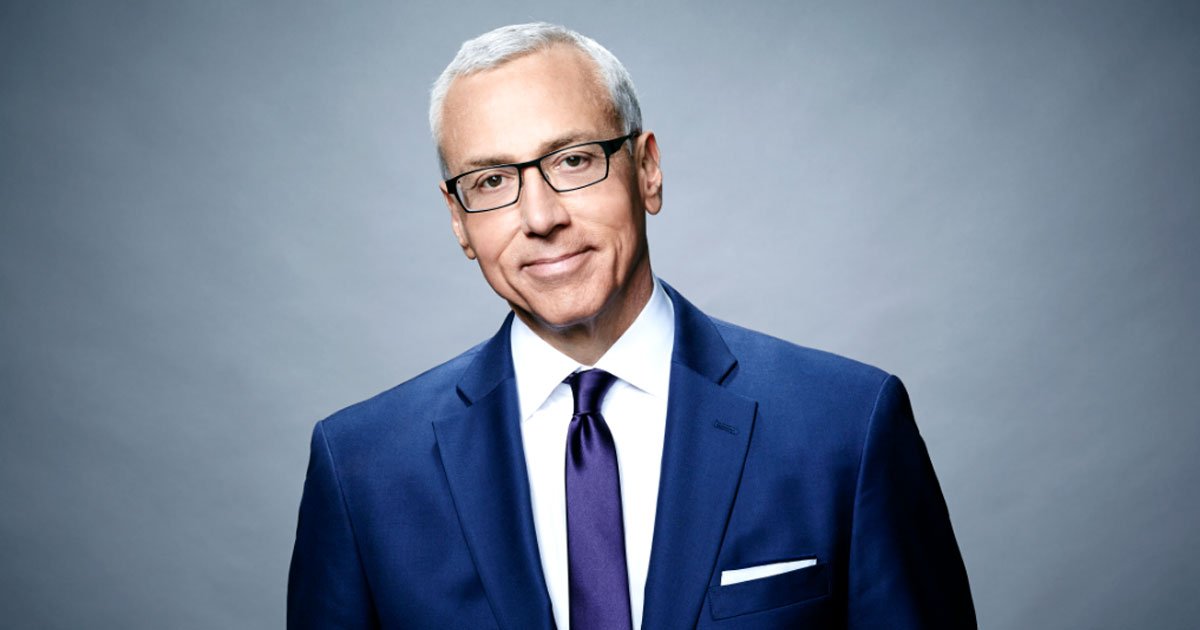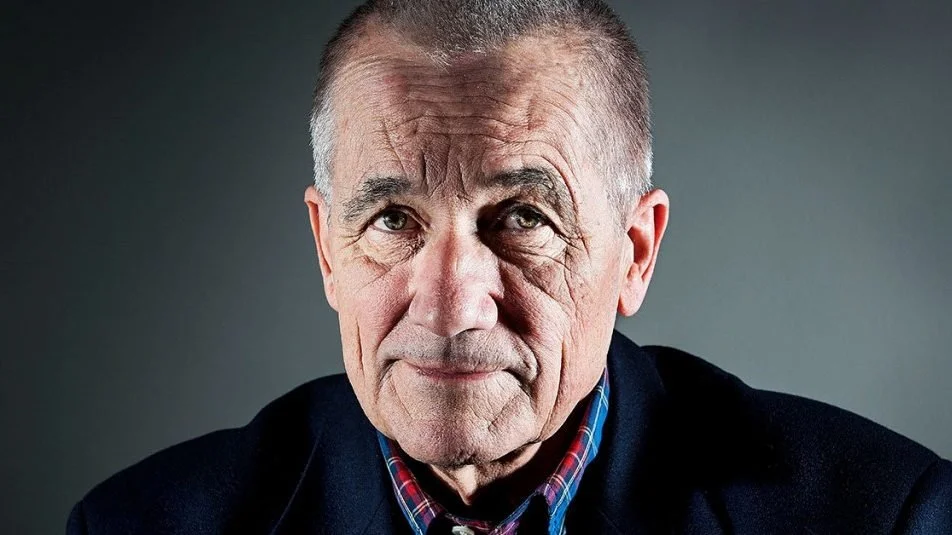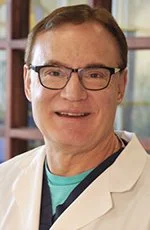Experts speak out
An increasing number of experts have raised concerns about antidepressants causing persistent sexual, cognitive, and physical side effects, even after discontinuation.
Supported by Rxisk
Dr. Antonei Csoka
Biogerontologist, Associate Professor in the Department of Anatomy at Howard University
“Post-SSRI Sexual Dysfunction (PSSD) and related disorders such as Post-Finasteride Syndrome (PFS) likely represent types of iatrogenic epigenetic damage previously unseen in human history. On the individual level the consequences are catastrophic, and there may be population-level effects as well. Increasing our knowledge and understanding of these increasingly-prevalent disorders is paramount.”
— Private Email, Sep 2, 2023
Dr. roberto Cosimo melcangi
Professor in Endocrinology
“Despite the current efforts, more work is still needed to advance the understanding of PSSD in terms of diagnostic markers and therapeutic strategies.”
— Private Email, December 28, 2023
Dr. Josef Witt-doering
Psychiatrist, Global Pharmacovigilance Medical Director and former FDA Medical officer
“Once PSSD symptoms begin they can last for years and may even be permanent in some people.” … “Despite the public recognition of this condition by major government health authorities, the condition is still under recognized by the medical community.”
— What is PSSD and Why is No One Talking About it?, Jan 10, 2023
Dr. David Healy
Professor of Psychiatry at McMaster University
“Without adequate warnings about the risk of potentially permanent damage to sexual functioning, patients are being deprived of informed consent. It is currently impossible for patients and health care professionals to weigh the benefits of treatment against the harms.”
— Citizen petition: Sexual side effects of SSRIs and SNRIs, April 23, 2018
Dr. Yacov Reisman
Urologist and Sexual Medicine Specialist
“The research and understanding of PSSD remain limited and not well understood; however, the data support the existence of PSSD, which can have a substantial effect on the quality of life of these patients.”
— Sexual Consequences of Post-SSRI Syndrome, October 2017
DR. RACHEL S. RUBIN
Urologist and Sexual Medicine Specialist
“PSSD is a devastating condition and an important lesson in how many unknowns we still have in medicine. All medications can have side effects and at this point we lack precision understanding with regards to who is more likely to experience certain side effects. Sexual health is not often discussed with patients and those potential side effects often get ignored. We must always listen to our patients and advocate for informed consent - even if that means informing them of the unknowns and rare side effects of medications.”
— Private email, April 10, 2023
Dr. Joanna moncrieff
Professor of Critical and Social Psychiatry at University College London
“This information [the existence of PSSD and that symptoms may persist after quitting the medication] should be given to every person who is starting an antidepressant, and it should be given to the people who are currently on antidepressants.”
— Medical Mindfield Episode 84, November 17, 2022
Dr. Bruce bassi
Physician, Psychiatrist and founder of TelePsychHealth
“Patients have described their lives as being completely ruined as if they're now living in a black and white life, and it just suddenly switched.” …“People who are experiencing this are feeling that they're not being heard, that they're being invalidated or that they're being overlooked.”
— What is PSSD Post SSRI Sexual Dysfunction? Antidepressants Uncovered, January 24, 2023
Dr. Roger Mcfillin
Clinical Psychologist and Co-host of the Radically Genuine Podcast
“Post SSRI Sexual Dysfunction (PSSD) is a real problem. The disorder can arise from brief exposure to SSRIs or SNRIs & can persist for months, years or indefinitely. PSSD can be disabling & symptoms go beyond just sexual dysfunction but that in itself leads people to suicide.”
— Twitter, September 17, 2022
Dr. Melanie Atlas
Gynaecologist and Clinical Associate Professor at the University of British Colombia
“Patients are aware that these medications have an impact on the sexual response cycle.” … “The expectation [that patients have] is that these side effects are reversible.” … “What is less well known amongst physicians and the public is that these side effects may not resolve after the drug has been stopped.”
— Post-SSRI Sexual Dysfunction: An overview, December 4, 2022
Dr. Amy Pearlman
Urologist and Men's Sexual Health Specialist
“They [PSSD patients] deserve more from healthcare providers and the scientific community to at least make an effort to better understand their concerns.”
— Post-SSRI Sexual Dysfunction: An overview, December 4, 2022
Dr. Simon breidert
Physician and Chairman of PFS Research Association e.V.
“PSSD is real. And no one cares about the ones left behind.”
— Twitter, March 12, 2021
Dr. Kenneth Peters
Urologist
“Post Retinoid Sexual Dysfunction, Post Finasteride Syndrome and Post SSRI Sexual Dysfunction are devastating conditions that must be taken seriously by the medical field. We need research on the underlying cause and focus on treatment.”
— Twitter, July 9, 2023
Dr. LORI BROTTO
Professor of Obstetrics and Gynaecology, University of British Columbia
“There is a significant need for investment into research on PSSD so that individuals suffering the symptoms of this condition can start to have answers, and so that healthcare providers can have access to evidence-informed treatment approaches.”
— Private Email, December 18, 2023
Dr. Irwin goldstein
Director, San Diego Sexual Medicine
“PSSD is a devastating problem that involves changes in sexual health, cognition, and mood. The condition is not recognized by the majority of healthcare providers, leading to medical gaslighting that further exacerbates the nightmare of this condition. At San Diego Sexual Medicine we have successfully managed many patients with PSSD over the last 15 years, improving their life quality. Our research on this topic has been presented and will continue in the future.”
— Private Email, December 28, 2023
Dr. ahmad malik
Orthopedic Surgeon and Host of Doc Malik Podcast
“PSSD is a horrific diagnosis and complication of SSRI drugs that more doctors need to be aware of. We need proper research to understand the risks and complications of psychiatric medication, and so that we can give full informed consent to patients prior to starting them on drugs with potentially debilitating complications”
— Private Email, December 30, 2023
Dr. oren amitay
Psychologist, University Lecturer
“We need far more recognition of the significant impact that pharmaceutically caused syndromes such as PSSD can have on people’s lives, so that greater efforts can be made to reduce the risks of such outcomes, if possible, and patients can make fully informed decisions with respect to their mental and physical health/well-being.”
— Private Email, January 7, 2024
Dr. David goldmeier
Retired Clinical Lead at Jane Wadsworth Sexual Function Clinic
“We need doctors to listen CAREFULLY to our patients’ complaints. Within their words lie syndromes both old and new. Compassion, a clear mind and creativity are the hallmarks of a good physician. The judicious use of antidepressants and the management of PSSD will then become easier.”
— Private Email, January 8, 2024
Dr. Christy Gibson
Family Doctor and Trauma Therapist, author of The Modern Trauma Toolkit
“What I wish more physicians realized is just how many options outside of antidepressant medications are available to help their patients. Meds might be quick to prescribe, but they don't have sustained efficacy and they have plenty of side effects - PSSD can be a life-altering one.”
— Private Email, January 9, 2024
Dr. drew pinksy
Physician, Host of The Dr. Drew Podcast
“This is an indictment of our profession. Because I work in general medicine, I also am aware that the same phenomenon persists in the domain of hormonal contraceptives. There is a debate about what the percentage is, but all of these drugs can have persistent side effects.”
— The Dr. Drew Podcast, October 4, 2023
Dr. peter gøtzsche
Physician, Host of The Broken Medical Science Podcast
“They become emotionally numbed, for example. But this numbness also goes into many people’s genitalia so that they can no longer have sex, even after they have stopped using the drugs.”
— Twitter, -October 15, 2023
Dr. caroline pukall
Professor of Psychology and Canada Research Chair in Sexual Health, Queen’s University
“PSSD is a significant health issue that requires substantial research and medical attention. The lack of current knowledge of this condition negatively impacts those who suffer from this condition over and above the devastating symptoms, and much work is needed to ensure that PSSD is formally recognized by clinicians and empirically supported intervention options are available to patients.”
— Private Email, January 9, 2024
Dr. stuart shipko
Board Certified Psychiatrist in private practice
“I first wrote about PSSD in the mid 90’s, well before it had a name. The increasing interest in this problem is testimony to how widespread it must be. Psychiatrists still call this a ‘rare’ problem but in my experience it is not. Like other drug sexual side effects patients are reluctant to bring up the topic on their own. Some patients with this problem, particularly those with robust sex lives, will spontaneously bring up the subject, but most of the time the provider needs to ask about this specifically. I never prescribe a SSRI without first explaining to the patient the risk of PSSD. Most people won’t take that risk.”
— Private Email, January 9, 2024
Dr. chris palmer
Assistant Professor of Psychiatry, Harvard
“I'm hopeful that we will be able to help people with PSSD heal and recover, too. As long as neurons are still alive, I have hope that they can be repaired and better regulated with the proper interventions.”
— Twitter, December 1, 2023
Dr. jessica taylor
Psychologist
“I want to express my support and love to those who are actively and bravely talking about lifelong PSSD from psychiatric medication. So many people experience the complete destruction of their sex lives, sexual pleasure and sex drives on/after SSRIs - and it’s just ignored.”
— Twitter, July 15, 2023
Dr. Audrey Bahrick
Psychologist
“I stayed fairly hopeful, all of that time I thought being healthy and eating well could help me resolve PSSD but nothing did. I continued to hope for months, and then years. It has been 27 years.”
— BBC, June 19, 2023
Dr. Vincenzo Puppo
Sexologist
“Disorders of desire, excitement and orgasm are very frequent side effects of antidepressant drugs, which can persist even after their discontinuation”
— La Stampa, July 2, 2014
Dr. Robert Kauffman
Professor of Obstetrics and Gynecology, Texas Tech University School of Medicine
“It is likely that persistent post-treatment genital anesthesia and other sexual side effects are underreported, and physicians should be aware of this bothersome phenomenon. Formal post-treatment surveillance for this condition is warranted. Pharmacogenomic research may ultimately allow physicians to predict who is at risk for antidepressant induced sexual side effects.”
— The Open Women’s Health Journal (PDF), November 27, 2007
Dr. Carlo Carandang
Psychiatrist
“SSRI / SNRI antidepressants are so effective in creating sexual dysfunction which are sometimes given as a treatment for premature ejaculation. However, sometimes the sexual dysfunction can continue even after stopping the drug.”
— Psych Central, June 18, 2015
Dr. Rob Purssey
Psychiatrist
“All health practitioners and patients need to be made aware of the significant risk of PSSD from all antidepressants, also finasteride and isotretinoin. Although PSSD is now officially recognised by regulatory authorities in Europe and Australia, almost all prescribers are not aware of this severe and often devastating condition. While complete sexual numbing/dysfunction may be relatively uncommon, some degree of ongoing sexual numbing and dysfunction I think likely occurs in 10-15% of patients with exposure of some years. Without known effective treatments we can still validate, empathise and provide psychological skills to handle the struggles of living with PSSD.”
— Private Email, May 30, 2024


